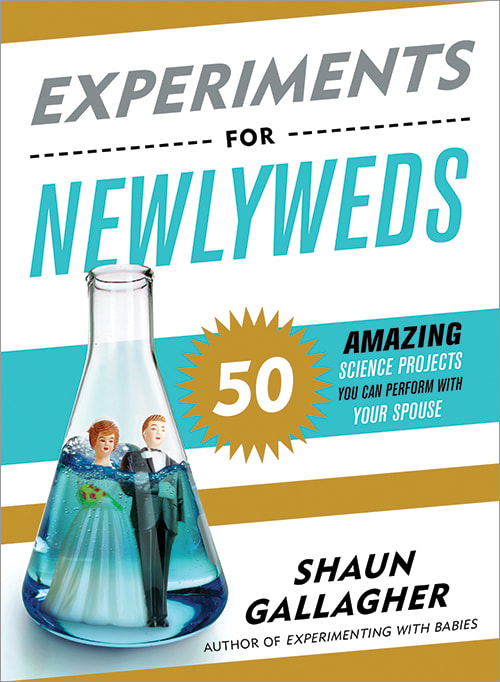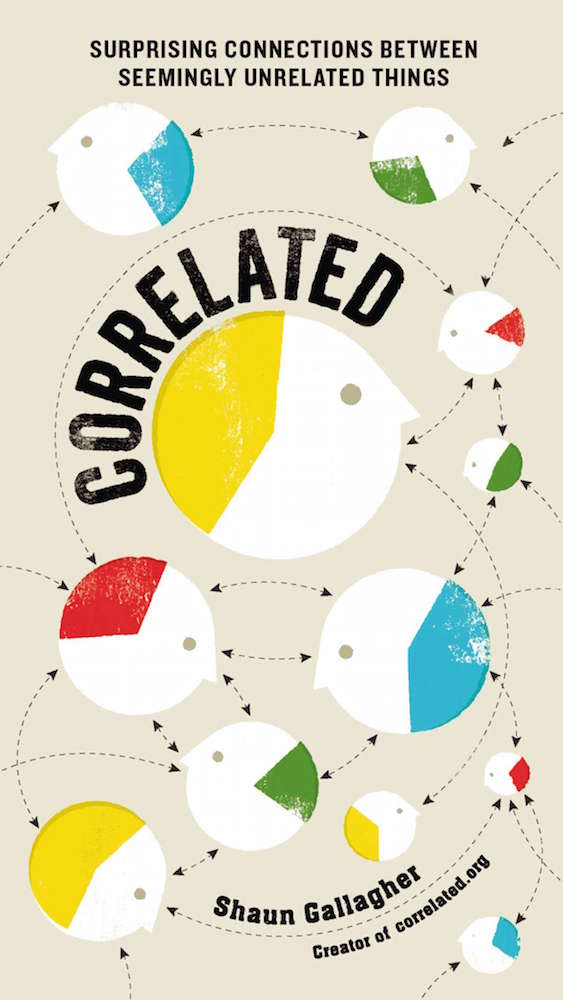Interactive: Why You (Probably) Think You're a Better-Than-Average Driver
Answer eight questions about your driving, then learn why people frequently overestimate their skills behind the wheel
When people exhibit a confidence bias about a certain skill, it means they tend to overestimate or underestimate their ability to perform that skill.
You may be surprised to learn that people tend to reliably show underconfidence on some skills, such as dancing, and overconfidence on other skills, such as driving.
What determines which skills are which?
Below, you'll have an opportunity to answer eight questions about your driving skills.
Once you've completed all eight questions, you'll learn more about how your answers line up with other people's answers. You'll also learn more about recent research into what determines underconfidence or overconfidence in our abilities.
How would you rate your driving skills, relative to other drivers? (0 = extremely bad, 5 = average, 10 = extremely good)
How well do you obey traffic laws? (0 = never obey, 10 = always obey)
How safely do you drive? (0 = not at all safely, 10 = extremely safely)
How skilled are you at weaving through traffic? (0 = not at all skilled, 10 = extremely skilled)
How focused and alert are you while driving? (0 = not at all focused/alert, 10 = extremely focused/alert)
How courteous and considerate are you while driving? (0 = not at all courteous, 10 = extremely courteous)
How adept are you at parellel parking? (0 = not at all adept, 10 = extremely adept)
How cautious are you while driving? (0 = not at all cautious, 10 = extremely cautious)
Do the values you entered accurately represent your assessment of your driving skills, or did you just click through or use fake values so you could view the results? (If the latter, that's fine, but we won't record your responses.)
Your Results
All Results
About Shaun
Shaun Gallagher is the author of three popular science books and one silly statistics book:
He's also a software engineering manager and lives in northern Delaware with his wife and children.
Visit his portfolio site for more about his books and his programming projects.
The views expressed on this blog are his own and do not necessarily represent the views of his publishers or employer.
Recent posts
This online experiment identifies dogmatic thinking
Adapted from a 2020 study, this web experiment tests a cognitive quirk that contributes to dogmatic worldviews.
Distributism: A Kids' Guide to a Third-Way Economic System
This student guide explores three economic systems (capitalism, socialism, and distributism) and explains how distributism is different from the other two.
You can thrive in a high-paying career without being money-driven
What if making money is not one of your top goals? And what if you happen to stumble into a high-paying career nonetheless?
On compassionate code review
How to build up and encourage code authors during the review process
Rules for Poems
A poem about all the rules you can break — and the one rule you can't.



